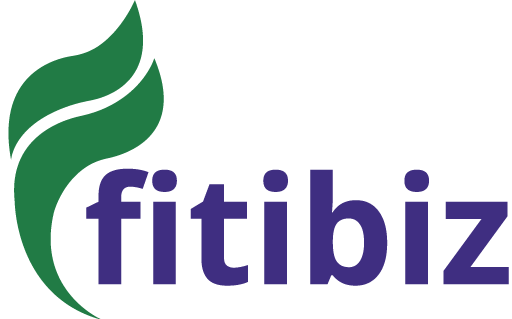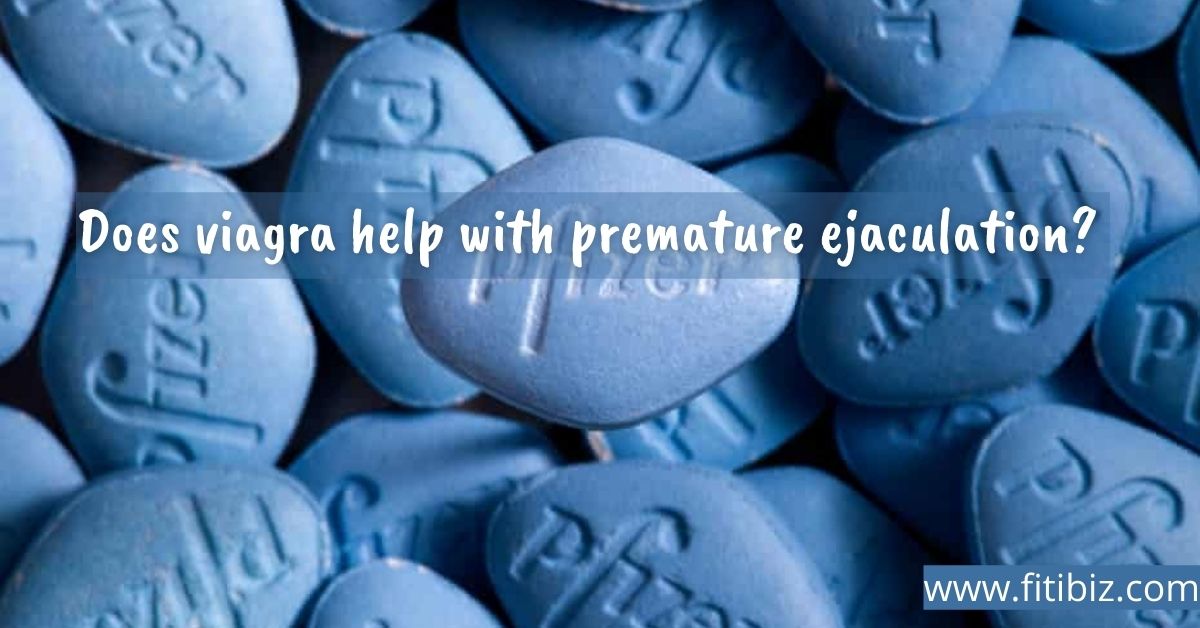Panic Attacks
Panic Attacks And Panic Disorder is a sudden, serious situation of fear that targets severe physical reactions when there is no real danger or Panic attacks can be very serious attacks. When panic attacks occur in humans, he/she might think he/she is losing control, having a heart attack or even dying.

In human beings symptoms of a panic attack develop abruptly and usually reach their peak within 10 minutes. rarely panic attacks last more than an hour, with most ending within 20 to 30 minutes. Panic Attacks And Panic Disorder may happen at any time & anywhere.
The panic in humans activates in seconds as breathing and heart quicken, muscles tense and the digestive tract is affected.
Is There A Treatment For Panic Attacks And Disorder
According to psychology and medicine, ignoring Panic Attacks And Panic Disorder symptoms are features of inappropriate fear, NOT illness.
By removing the anxiety, and returning you to normal situation responses, you erase panic attacks completely.
A panic attack can be overcome, Not through medication or therapy, even through simple human biology. your natural ‘panic off switch’ can be.
Symptoms For Panic Attack
- Chest pain and discomfort
- Chills or feeling unusually hot, hot flashes
- Derealization, or feeling detached
- Dizziness and feeling lightheaded
- Experiencing a strong, sudden fear of dying
- Fear of losing control or feeling as if a person is “going crazy” are the main symptoms of panic attacks.
- Feelings of choking
- Symptoms are as Heart palpitations and irregular heartbeat, or rapid heart rate
- Nausea and stomach upset
- Numbness or tingling
- Shaking or trembling
- Sweating
- Trouble breathing and feeling as if a person is smothering
- Pounding or fast heartbeat
- Sweating
- Feeling dizzy or faint
- Numbness or tingling in the body
- Feeling unreal or detached
- Fear of losing control of body and mind or going crazy
Treatment for panic attacks can help reduce the intensity and frequency, control of the mind and improving your function in daily life. The main treatment and solution for the panic attacks are psychotherapy and medications.
Risk Factors
Symptoms of panic attacks and panic disorder often start in the late teens and early adulthood and affect more women than men. Factors that may increase the risk of developing panic attacks include some conditions:
- Family history of panic attacks
- Major life stress, such as the death or serious illness of a loved one for a panic attack.
- A traumatic event, such as sexual assault or a serious accident makes the risk for a panic attack.
- Major changes in your life, such as a divorce or the addition of a baby can take a risk for a panic attack.
- Smoking or excessive caffeine intake also can take a risk for panic attacks.
- History of childhood physical or sexual abuse also can take a risk for panic attacks.
Self-Help Tips For Panic Attacks
There are several Self-help tips for panic attacks. Given below-
- There are many things you can do to help yourself to overcome panic attacks.
- You have to learn about panic attacks and anxiety. How can you overcome this attack?
- To overcome panic attack Avoid smoking, alcohol, and caffeine.
- You have to learn how to control your breathing from google sites, online tips are also available on google.
- Practice relaxation techniques, When practiced regularly, activities such as yoga, meditation, and progressive muscle relaxation strengthen the body’s relaxation response can help to remove the panic attack
- Connect face-to-face with family and friends.
- Exercise regularly.
- Get enough restful sleep
If a human suffers from a panic attack again and again that it can not control the mind and body that means he is suffering from panic disorder.
Panic Disorder
Panic disorder is characterized by repeated panic attacks, many people experience just one or two panic attacks without complications and there’s no little reason to worry if some people go on to develop panic disorder. Panic disorder is also characterized by repeated/, again and again, panic attacks, combined with major changes in behavior or persistent anxiety over having further attacks.
Whenever somebody stands between several people. can not stay between many people because of uneasiness. Then he felt tired. become very uneasy and he can’t stay more time among the people. That means these people are suffering from panic disorder. and this is a sign of agoraphobia.
If you are suffering from agoraphobia :
- experience frequent, unexpected panic attacks that aren’t tied to a specific situation and try to overcome through the breath.
- If you worry a lot about having another panic attack.
- If you are behaving differently because of the panic attacks, such as avoiding places where you’ve previously panicked.
Panic Disorder Symptoms
Anticipatory anxiety – Expectant nervousness, Instead of feeling loose and anxious, you feel tense. This uneasiness comes from the dread of having future fits of anxiety. can be very debilitating.
Phobic avoidance – Whenever You begin to avoid certain situations or environments. This thing may be based on the belief that the situation you’re avoiding caused a previous panic attack. Or you may avoid places where safety would be difficult or help would be unavailable. if you had a panic attack. need to be taken to its extreme, phobic avoidance becomes agoraphobia.
Panic Disorder With Agoraphobia
Whenever somebody stands between several people. can not stay between many people because of uneasiness. Then he felt tired. become very uneasy and he can’t stay more time among the people. That means these people are suffering from panic disorder. and this is the sign and symptoms of agoraphobia.
Agoraphobia was traditionally thought for a fear of public places and open spaces. However, today it is now believed that agoraphobia develops as a complication of panic attacks and panic disorder. Although it can develop at any place, agoraphobia usually appears within a year of your first panic attacks.
If you’re agoraphobic, you’re always afraid of having a panic attack in a situation where escape would be difficult or embarrassing. You may also be always afraid of having a panic attack where you wouldn’t be able to get any kind of help. Because of these fears, you start avoiding more situations. you are feeling there uneasiness. you may begin to avoid:
- Have to avoid Crowded places such as shopping malls or sports arenas.
- Never go with Cars, airplanes, subways, and other forms of travel.
- Also need to avoid social gatherings, restaurants, or other situations where it would be embarrassing to have a panic attack.
- Physical exercise in case it triggers a panic attack.
- Need to avoid Certain food or drinks that could provoke panics, such as alcohol, caffeine, sugar, or specific medications.
- Don’t go anywhere without the company of someone who makes you feel safe. In more severe cases, you might only feel safe at home.
Guide: How To Help Someone Having a Panic Attack
A man Seeing a loving friend suffering a panic attack can be frightening. Their breathing may become abnormally fast and shallow become dangerous, they could become dizzy or light-headed, easiness, tremble, sweat, feel nauseous, and think they’re having a heart attack. And No matter how irrational you think their panicked response to a situation is, it’s important to remember that the danger seems very real to your loved one friend. Simply telling them to calm down or minimizing their fear won’t help with the attack. But by helping your loved one friend safely ride out a panic attack, and you can help them feel less fearful of any future attacks.



Write a comment
Your email address will not be published. All fields are required